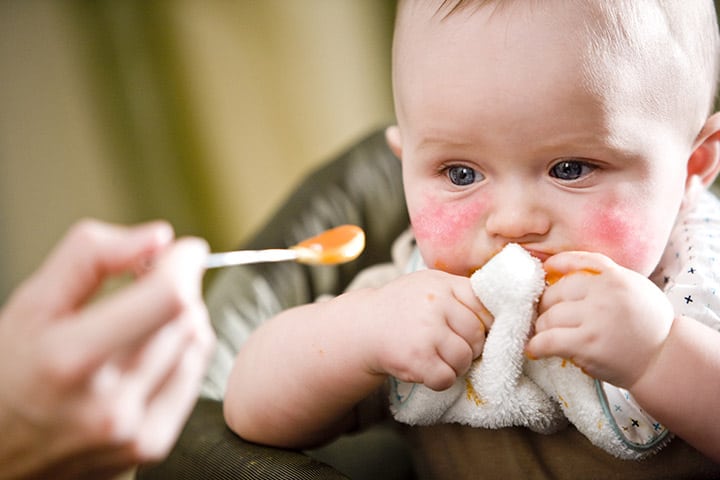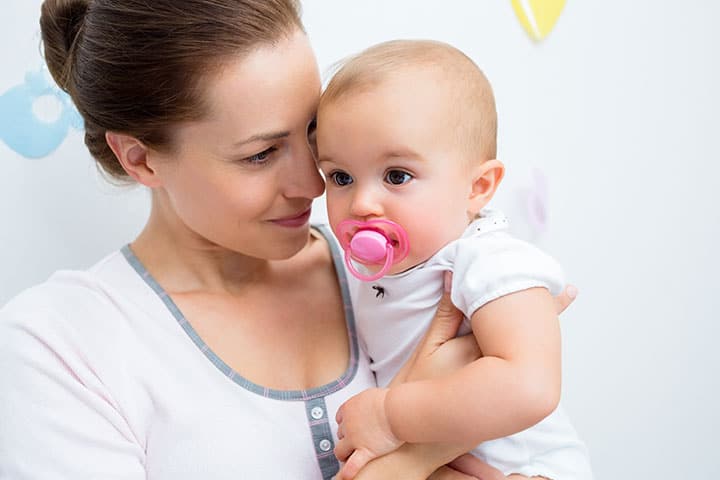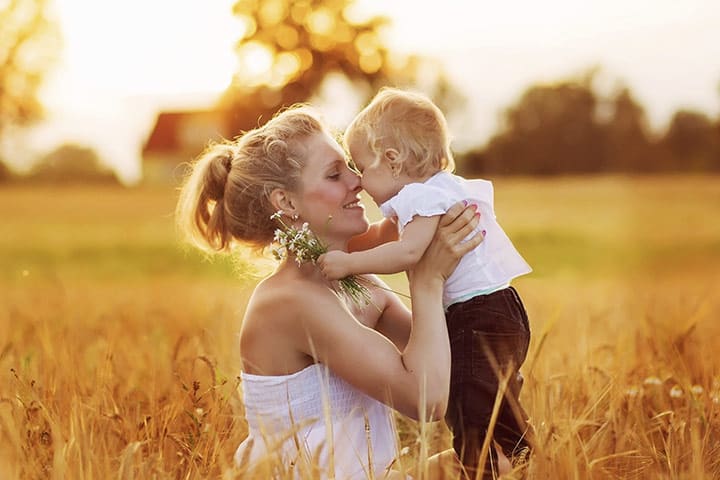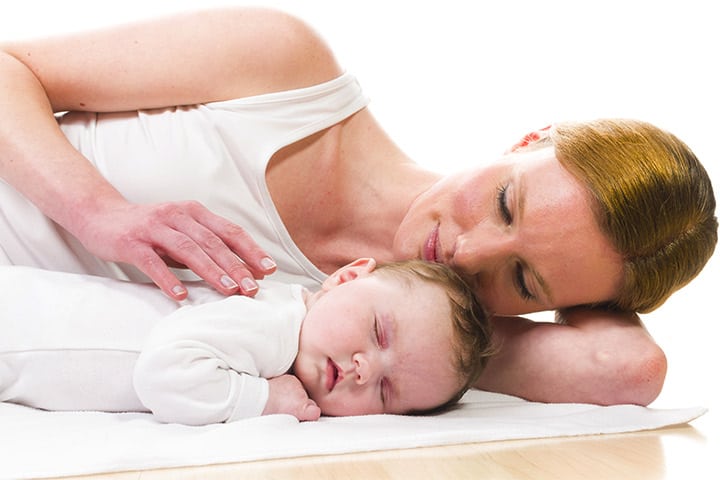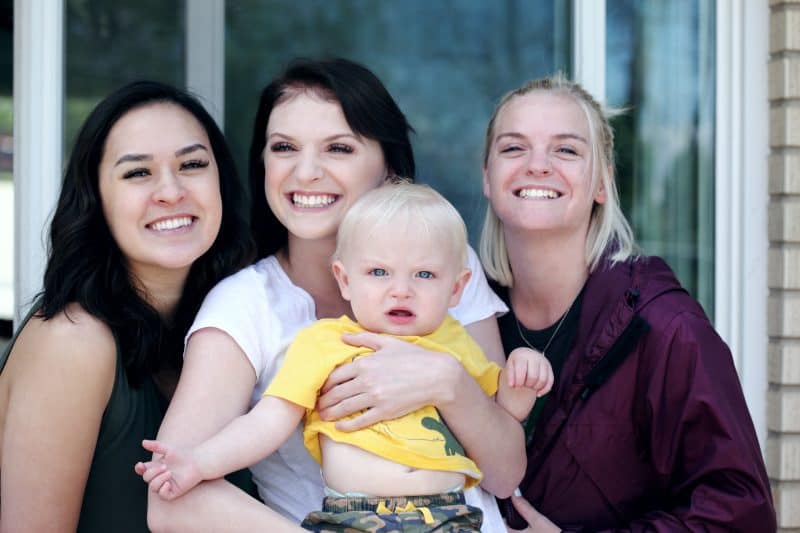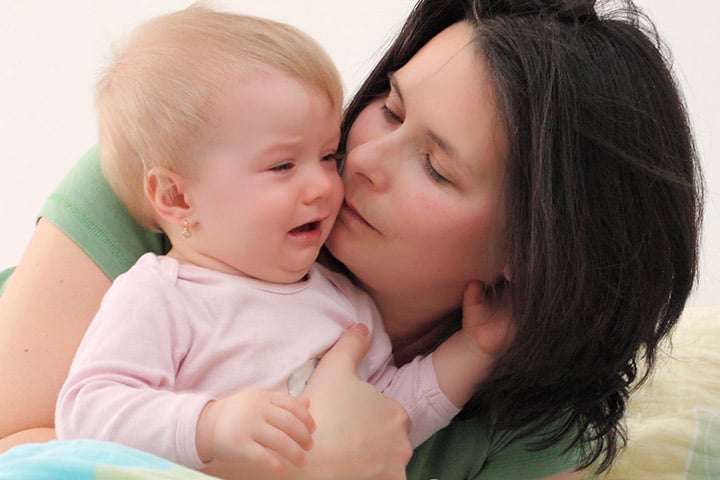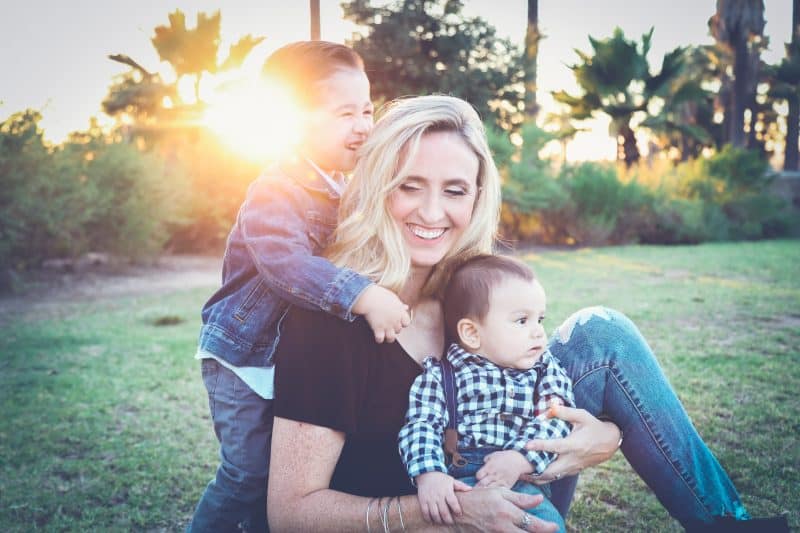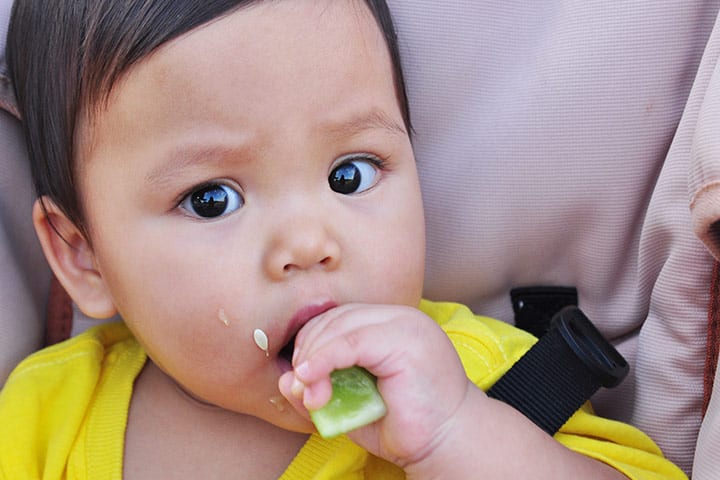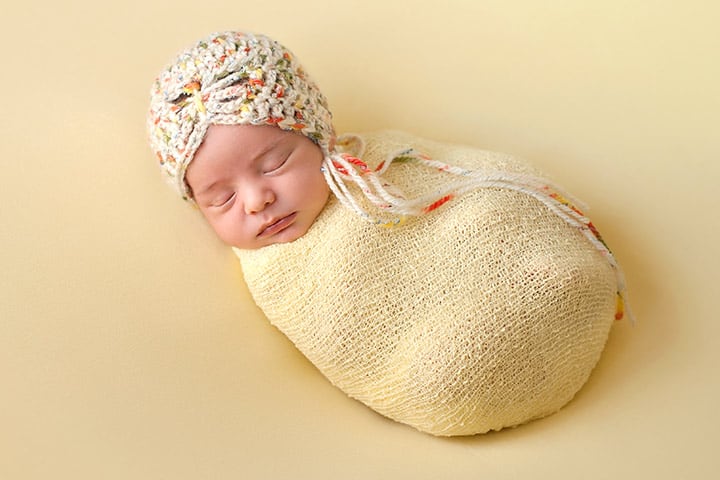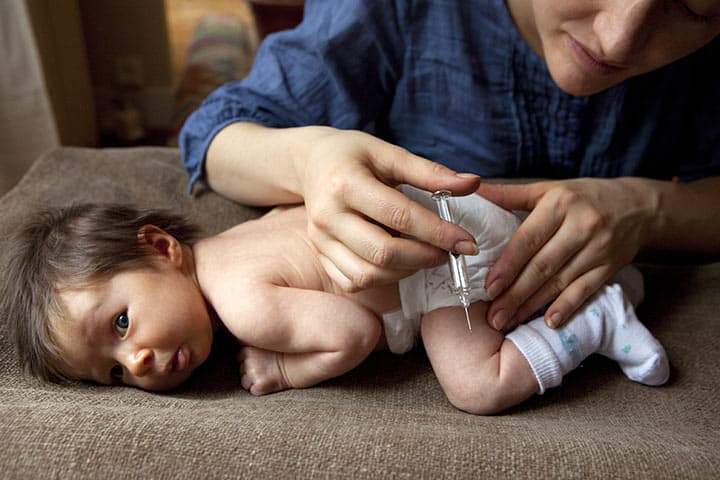When we think of food allergies, we normally think of allergens like dairy, eggs, peanuts, etc. But there are lesser-known foods that too can cause allergy in your infant – carrots, for example!
Carrots tend to be one of the first veggies babies get to taste. But how safe are these red veggies? What does carrot allergy look like? Can it be dangerous? Find the answer to all these questions, right here, right now!
How Common Is Carrot Allergy?
The most common food allergens are soy, dairy, eggs, peanuts, shellfish, and tree nuts. So, carrot allergy is relatively rare. But it does happen. One of the major causes of allergies is genetic (1). So if you or your partner has a carrot allergy, chances are high that your baby too will develop it.
How to know if baby is allergic to carrots? If your baby develops an allergy to carrot, she will also react badly to parsley, coriander, parsnip, celery, fennel, dill, and anise – or in other words, the entire carrot family. Another interesting fact about carrot allergy is that if your child gets it, she has a higher risk of developing pollen allergy too. The reverse is also true (2). So, it is best to wait till your baby is seven months old before adding carrots to her diet.
Symptoms Of Carrot Allergy In Infants:
Most infants don’t react adversely to a new food the first time they eat it. They show no symptoms even if they are allergic to the food. The body identifies the particular food and creates antibodies. But the second time when the same food is taken, the body identifies it and the immune system will try to fight against them, causing the allergy symptoms. Some allergic reactions to a food such as carrots are hardly noticeable, causing only gas or fussiness. Other symptoms, such as a swollen throat, could be fatal.
1. Watery, Itchy, And Red Eyes:
If your baby has a carrot allergy, she may react to it with watery, itchy and red eyes. This is an irritating symptom, but not dangerous.
2. Swollen Lips, Face, And Tongue:
You may also notice that your baby has developed swollen face and lips after consuming carrots. Sometimes, even the throat swells up and cause breathing difficulties.
3. Hives:
This is the most common allergic symptom your baby may experience. Most children who are allergic to carrots break out in hives after eating them. Your baby may also be itchy.
4. Runny Nose:
Another common carrot allergy symptom is a runny nose. So, if your baby develops a case of sniffles after eating carrots, an allergy may be at work.
5. Gingivitis:
Many infants also develop gingivitis or swollen gums after enjoying some carrot puree.
6. Digestive Issues:
Babies also develop gastric issues like bloating, nausea, vomiting, and diarrhea as a reaction to carrots.
7. Anaphylaxis:
This is the most dangerous and thankfully, rare symptom of carrot allergy. In some extreme cases, an infant can go into shock after consuming carrots. This can even prove to be fatal.
Treating Carrot Allergy In Infants:
Most infants outgrow their allergies as their immune systems mature. But if you want to prevent these unpleasant symptoms, the best thing is to keep your little darling away from carrots!
If you are looking for ways to ease your baby’s symptoms, antihistamines will be your best friend. But don’t give your baby any OTC medication. Talk to your doctor before you medicate your infant.
There are some home remedies that can also be used to provide relief from carrot allergy symptoms. For example, you can make some sandalwood paste and apply it on the hives to ease the itching.
Is There Any Other Health Issue Related To Carrots?
More than allergies, carrots are infamous for causing ‘Blue Baby Syndrome’ (3). This syndrome occurs due to the excessive deposition of nitrates in the body. It leads to a temporary change in skin color, mainly around the mouth and nails.
Babies below one year are most at risk of this health issue. It can even lead to serious complications if not treated on time. Blue baby syndrome is commonly caused by drinking nitrate laden water. But sometimes, vegetables like carrots too can contain nitrates. Fortunately, most packaged baby foods contain negligible amounts of it and do not cause any adverse effects (4).
But if you prepare baby food at home, you need to be careful. Fortunately, with a little care, you can minimize the risk of this disorder (5).
Tips For Preparing Your Own Baby Food:
Cooking for your baby can be an fulfilling experience. But you need to be careful! Here are some easy tips to ensure that you cook carrots, the right way!
- Always wash and peel carrots before using them.
- Chop or mash the carrots just before cooking.
- Blanch the carrots in boiling water.
- Do not store homemade carrot puree. Use it immediately.
- If storage cannot be avoided, freeze it.
It is easy to be paranoid about everything your infant eats or drinks. But that is not the way to lead your life! Take a deep breath, be as careful as is humanly possible, and then enjoy your little one. Carrot allergy is not something to worry about unnecessarily. If your infant does develop symptoms, head to the doctor. As mentioned before, allergic reaction to carrots in babies is normally mild and goes away with time. Till then, try other healthy veggies!

